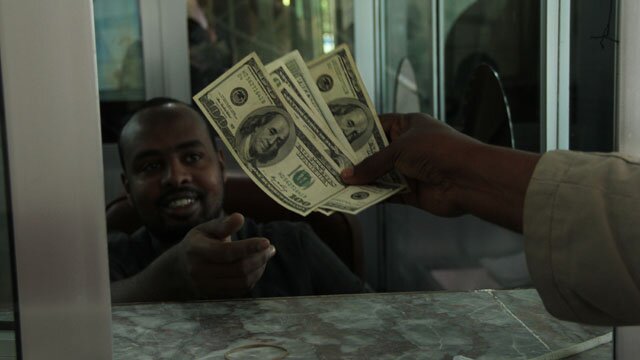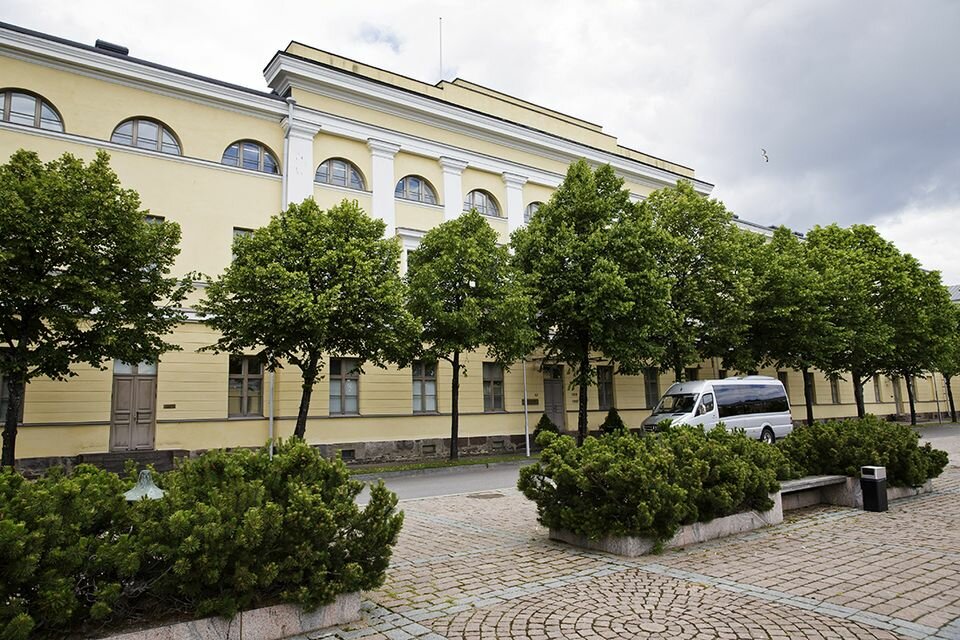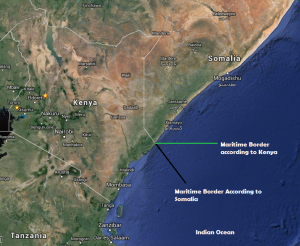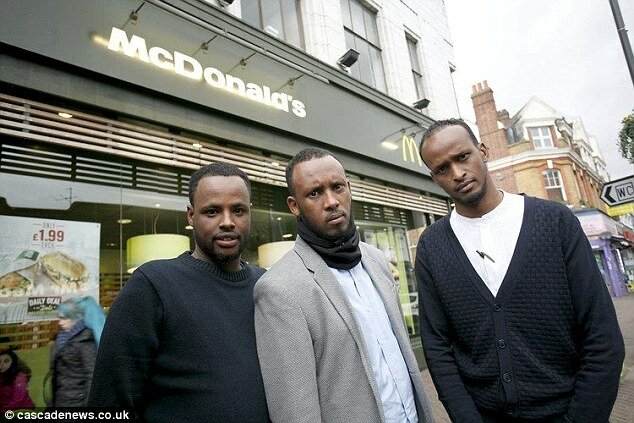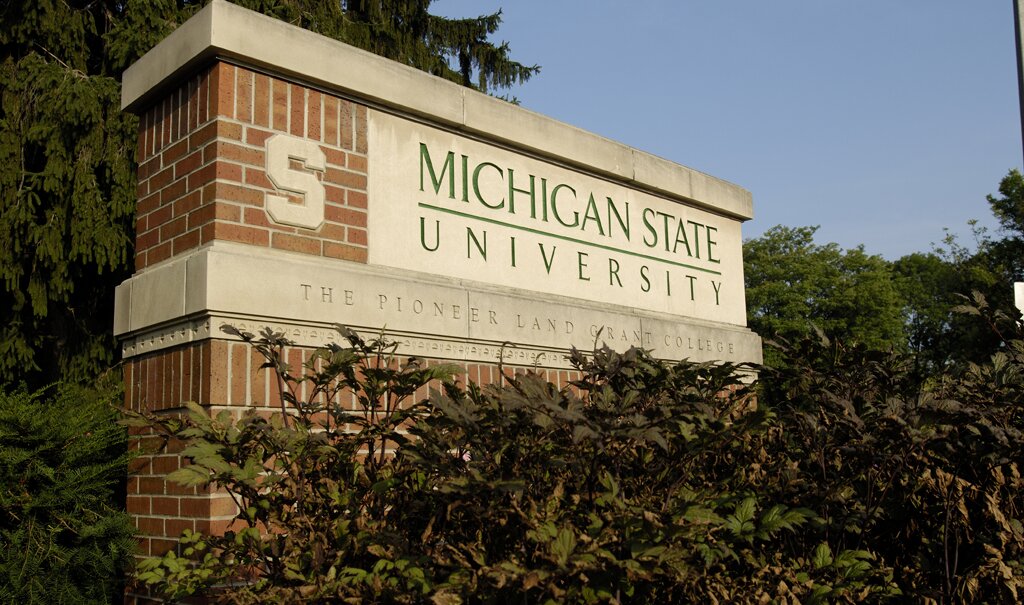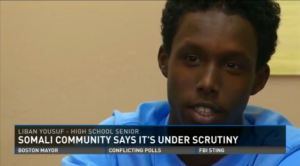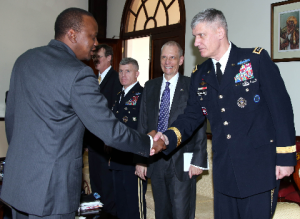Global Somali Response Update 2: In Liboi Kenya Monday 8:30am
Liboi town: 8.30 am, Monday 18th July 2011.
The waiting is so intense, it’s as if we are waiting to start waiting.
We sit in the car at Arif Centre, by a structure that reads: Peponi Hotel- For Quick Snacks. A bus is docked a few metres away and veiled women, in single file, climb into it. Mashaallah, the front of the bus reads.
A pick-up truck speeds down the road. It has the same sign on it. Mashaallah. An SUV parked across the street reads the same. The people in this town may be poor but everyone has old money stocked up in spiritual currency; they are always hurling God’s blessings at you.
Directly across from Peponi Hotel- For Quick Snacks is Tamaz Communications. The Safaricom logo on it looks almost doodled in place, as though painted there as a school project by the little children we saw playing in the fields yesterday.
Today, the little children are gone. I only hope they are in the classrooms at the nearby Liboi Primary School. Yesterday, dozens and dozens of them pushed and shoved each other, huddling over our cameras.
One woman yielded a long gnarled stick over their heads, herding them off the cameras.
“How dare you interrupt important business?” she demanded, slapping the ground with the stick, threatening them with dire consequences should they not leave us alone.
Most of the children cowered and ran off. One little boy did not. He staggered on his feet, launched himself at the woman and tore away at her arms with his little hands. His eyes were sunken inside their sockets. They were tiny eyes, jaded by tales I did not know, tales I would never hear.
Those little boy’s eyes weren’t just fearless; they were piercing, terrifying. I wondered what would make a nine year old so vicious he would try to beat up an old woman in the street.
Deeq stood between the little boy and the woman, turned him away, gently shoved him towards the other children.
The children followed us all the way to the field of death. Right then when we stood on it, we didn’t know it was a real graveyard; we thought it was only a place where cows went to surrender their spirits to the cow gods.
The field was littered with cows lying in repose on the sand, their flesh long gone. Their rubbery skin, the only thing the marabou storks couldn’t eat, stretched gaunt over the ripples of their spinal discs.
The children hijacked Deeq, tossed a soccer ball at him. I wondered what about this renegade soccer player sold him out to the children. He once played for both the Dutch and the Somali soccer teams.
Deeq dribbled the ball, wove through the children. They laughed and chased him, laughed and chased.
A woman interrupted their squeals of delight. She thought Matt was a doctor. She stood inside the fence of her house, a fence made of thorns and twigs. The sun cast a poignant shadow over her face, and the thorns appeared to be pricking her skin, to be tearing it apart, shredding it.
“Please come,” she begged. “They cut off my sister’s breast.”
Her sister sat outside their twig house, on a traditional mat. Her chest was half bare, revealing a dark crust that looked like someone had melted several plastic bags on her skin. At her feet was a pair of paper scissors. As she talked to us, she squeezed her fingers beneath the dark crust and cleaned out what remained of her breast.
She told us that back in Somalia, she had had a tumour. Everyone advised her to visit a traditional doctor. The traditional doctor cut off her breast and told her to go home. She walked to Kenya to seek treatment but has never been to see a doctor.
The dark crust on her chest haunted us. We argued amongst ourselves about what it could be. Was it a tumour? Was it a home-made bandage? Later, Daud explained that it was a concoction of ginger and other home remedies, to stop the tumour from spreading.
At breakfast today morning, over very sweet chai and dry bread, Abdisalim told us that he had dreamt of the dark crust on the woman’s chest. None of us said anything. Evidently, we were still haunted by thoughts of that woman, of the mental images of her dark crust. We saw these images even when were not looking, saw them even in the privacy of our thoughts.
Liboi is awaking. The driver is here. Today, we hope to drive out all the way to Somalia. Let’s see how much waiting still awaits us.
MORE TO COME…
By Claudette Oduor
Comments
comments
 Calendar
Calendar








